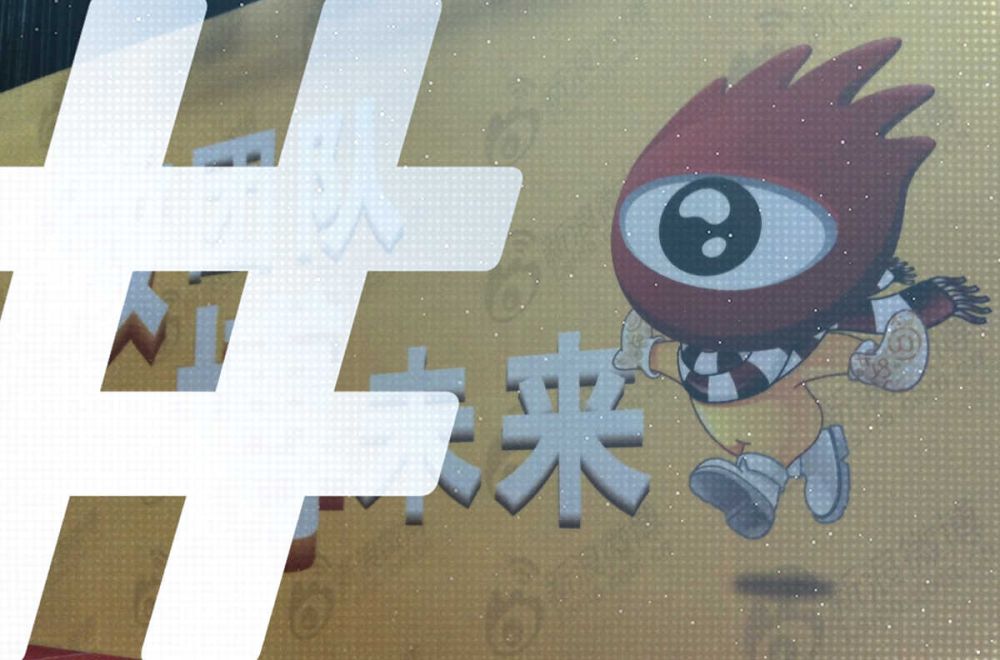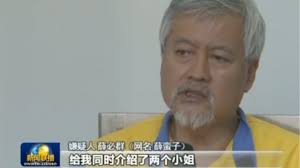
In its early stages in 2009, Sina Weibo built its success on larger-than-life personalities known as the “Big Vs” (大V), who were meant to be magnets attracting conversation — and much-desired traffic — to the platform. The strategy worked, and by 2010 media would proclaim that China had entered the “Weibo Era” (微博时代). But within several years, the idea of a privately-owned tech platform building mass audiences outside of CCP control would become untenable for the leadership. A 2014 crackdown on “Big Vs” was the beginning, some might say, of the inexorable unraveling.
Now, 15 years on from the “beta” launch of Weibo, it may be time to ask: has life gone out of the platform? This week, private tech news service 36Kr ran a feature about the lack of any genuine celebrities in attendance at Weibo’s “Super Celebrity Festival” (微博超级红人节) awards. At Weibo’s initial launch in 2009, users were attracted by the chance to hear directly on a range of social, economic,and even political, topics from informed experts who accrued large followings, and were generally known as “public intellectuals” (公共知识分子), or gongzhi for short.
The Surrounding Gaze
Just seven years ago in the Shanghai-based outlet Sixth Tone, which has since fallen on its own hard times, researcher Han Le could note how these figures had the power to shape social participation around large-scale breaking stories, such as the 2011 Wenzhou train collision and the 2015 Tianjin explosion. “Public intellectuals stepped into the breach,” they wrote, “largely encouraging the government to conduct thorough and open investigations, to properly commemorate those who had died, and to further ensure that similar tragedies do not occur in the future.”

China’s leaders, who today still make it their business to “guide public opinion” through the control of media and communication, had long bristled at the notion of “public intellectuals” outside the official system. The emergence of op-ed pages in commercial metro newspapers (都市类报纸) in the early 2000s had given rise to broader range of voices. In December 2004, the Central Propaganda Department-run Guangming Daily (光明日报) ran a series of scathing attacks on the notion of “public intellectuals,” which it dismissed as a dangerous product of Western social thought.
But the emergence of Weibo in the 2010s was something different entirely — a grassroots platform with the power to gather the attention of millions, within seconds, even as the authorities scrambled to take microblog posts down. The “Big Vs” were the amplifiers in this process of attention-grabbing, which some framed in new terms of cyber social activism as the “surrounding gaze” (围观) — the idea that if everyone bore witness to wrongs, then those in power would have to react.
The Ineluctable Fizzle
A decade on from Xi Jinping’s concerted push to rein in the “Big Vs” created by Weibo’s original celebrity push, the platform seems a shadow of itself. Competition from more personalized apps like Douyin and Xiaohongshu, and unrelenting pressure facing more controversial accounts, have driven a mass migration of Weibo users. Today, writes 36Kr, Weibo’s special community feel has vanished. The open discussions that once buzzed around public intellectuals are gone.
Politics has of course made its own contributions to the disappearance of public intellectuals from the platform.
The platform has literally lost a measure of its humanity. Traffic is often driven these days by “Big Vs” who push controversial topics purely to attract traffic, or by marketing accounts that do the same with an eye to driving up product sales. A common feature of both, according to 36Kr, is that “they rarely show their real lives, and are more like AI robots.” This comes, says the outlet, as bots and trolls have proliferated on Weibo over the past 10 years.
Politics has of course made its own contributions to the disappearance of public intellectuals from the platform. Former Global Times editor-in-chief and “Big V” Hu Xijin (胡锡进) has not posted anything on Weibo since late July, when his influential account was suspended for an unauthorized interpretation of the Third Plenum decision. On August 7, the account of Lao Dongyan (劳东燕), a criminal law professor at Tsinghua University with a respectable following of her own, was also banned for defending her criticisms of upcoming internet IDs for Chinese netizens.
Forums like Zhihu (知乎) or WeChat Moments still provide a town square of sorts for groups to form, but these are smaller, devoid of the larger-than-life “public intellectuals” of Weibo that once served as known voices for netizens to rally round. Going forward, the roll-out of “internet IDs” by the Cyberspace Administration of China could encourage netizens to be even less willing to form communities on the Chinese internet. As for those big personalities, these are not the days to stick one’s head above the parapet — or to show up for a “Super Celebrity Festival.” Many are laying low, which makes China’s internet a far quieter place.




















